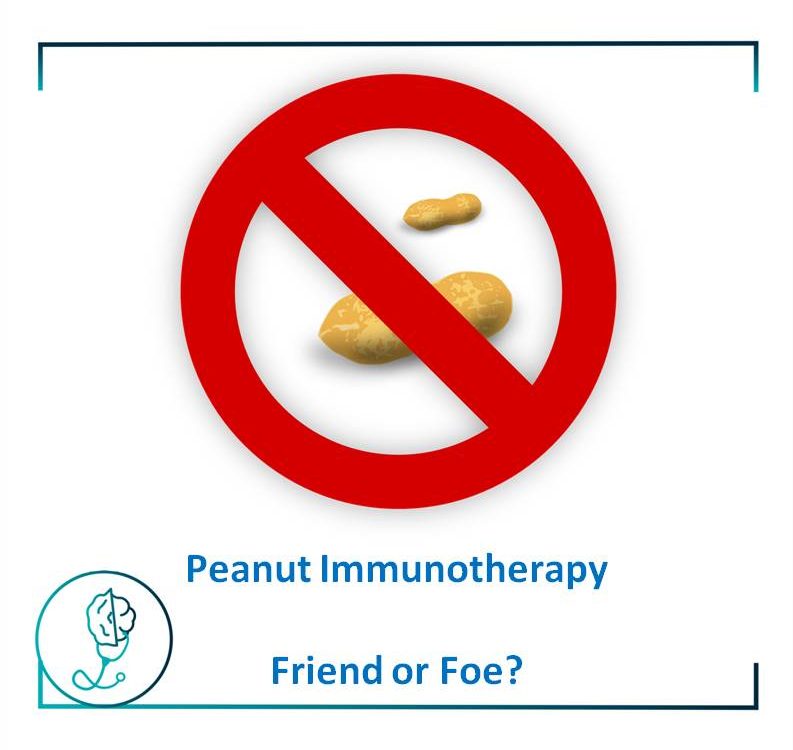Summer Camps and Allergies

What is an Allergy?
04/03/2021
Peanut Allergy and Household Dust
23/03/2021A US study suggests that, though camps will accept children with allergies, most are not prepared to act if something happens as often they don’t have or request individualized action plans.
- It seemed camps that had faced anaphylactic events in previous years were better trained and able to recognize it than others who didn’t.
- Despite that, one-third of camp leaders did not think most staff would be able to act appropriately.
Though this study was not done in the UK, I would suggest parents need to be aware of the possibility of the same happening in summer camps here or in any other country where they might send their children to.
The main lessons to take from this study are:
- Enquire if the staff at the summer camp is trained to deal with allergic conditions, mainly anaphylaxis.
- See what policies and emergency measures they have in place, e.g. contacts for local ambulance service, GP or Hospital.
- Provide action plans specifically for your child. If you don’t have one, ask your Paediatric Allergist to provide a BSACI action plan.
- See if your child’s medication did not expire and take them to the camp, in a clearly marked container, potentially with a photo of your child outside it.
- You don’t stand to lose anything by asking if the food your child is allergic to is excluded from the camp and other children cannot bring it with them there.
As more and more nurseries/schools are becoming nuts free, it would not be a bad idea for summer camps to follow suit.
(Many Summer Camps Unprepared for Allergic Campers – Medscape – Dec 10, 2019)


